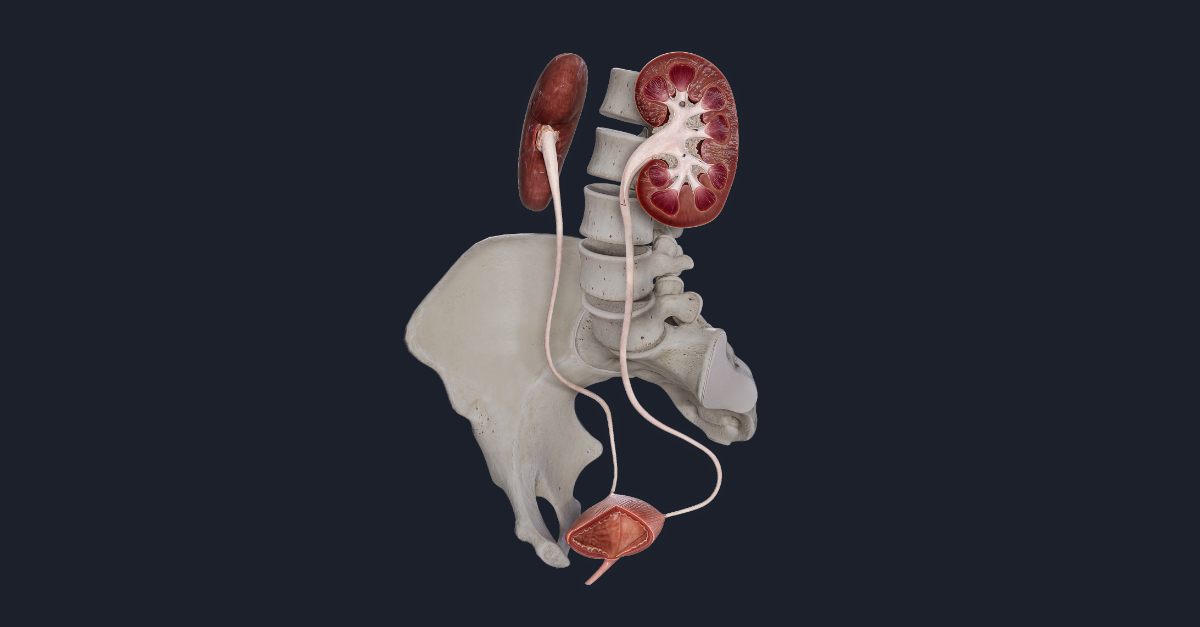
The urinary tract consists of the kidneys, ureters, and bladder. Together these components are the body’s drainage system for removing urine. Urologic diseases or conditions can range from urinary tract infections (UTI) to bladder control problems, or even kidney stones.
Urinary Tract Infection: Bladder infections are the most common UTI, but any part of the urinary tract can become infected. Most infections are caused by bacteria from the bowel that reach the urethra or bladder. The most common symptom is discomfort while urinating. Infections in men can cause restrictions in normal urine flow, such as an enlarged prostate. Luckily UTIs can be treated easily enough with antibiotics and drinking lots of liquids.
Urinary Incontinence: Bladder control problems affect the way a person releases urine. It is most often described as when a person leaks urine accidentally. It is important to see a health care provider if you experience this condition. Childbirth, menopause, and aging are just some of the health factors that contribute to women having bladder control problems. Aging and prostate problems may cause it in men. Treatment depends on the type of incontinence experienced.
Kidney stones: Often first noticed by a sharp pain in the back, lower abdomen or groin, a kidney stone is a solid pebble-like deposit made of minerals and salts from the kidneys. Most of the time these naturally pass through the urinary tract, but sometimes may need help from a health care professional to break stones into smaller pieces.
Although these conditions are not always preventable, practicing healthy habits is always helpful in maintaining a healthy urinary tract. These include eating healthy, drinking enough fluids, and getting regular exercise.
